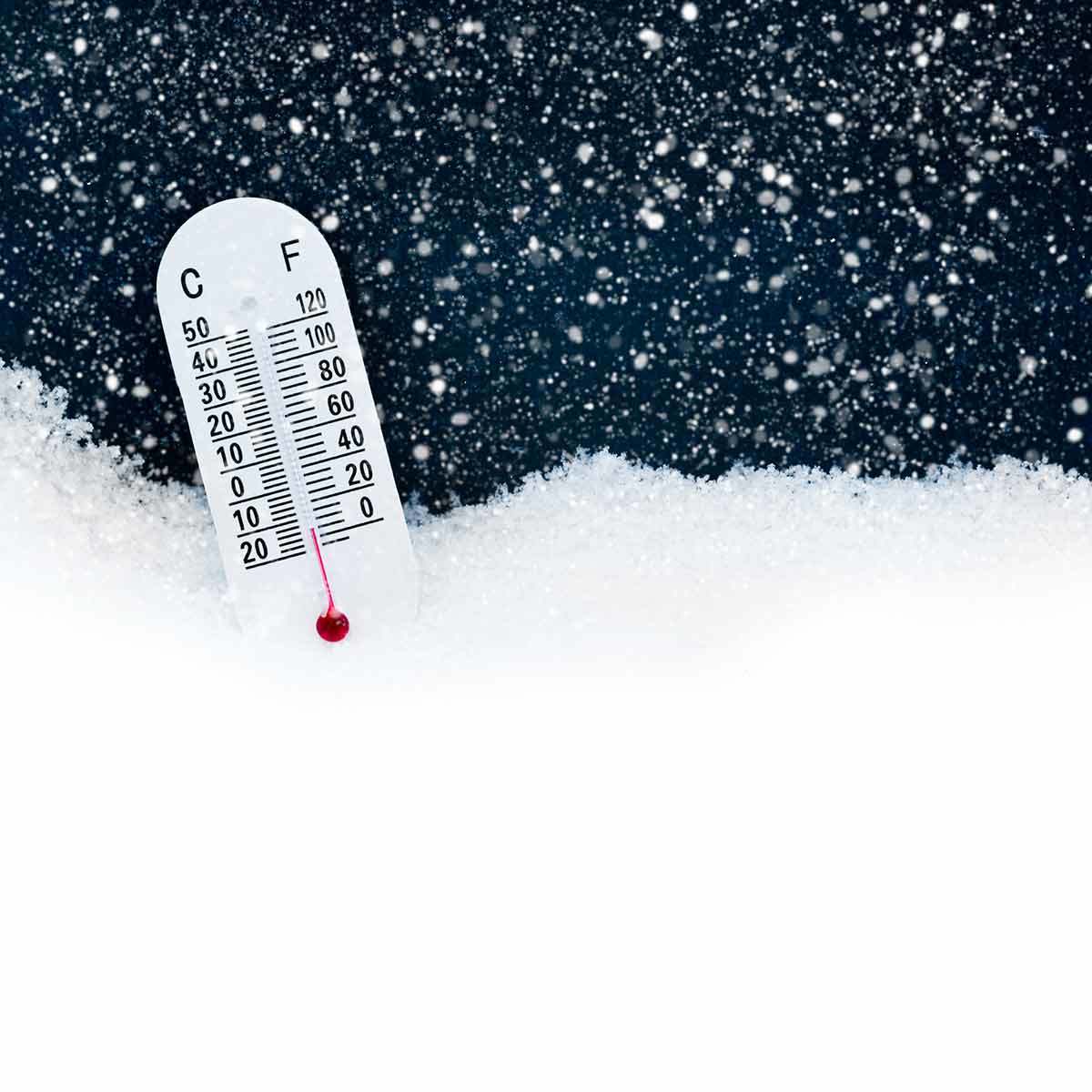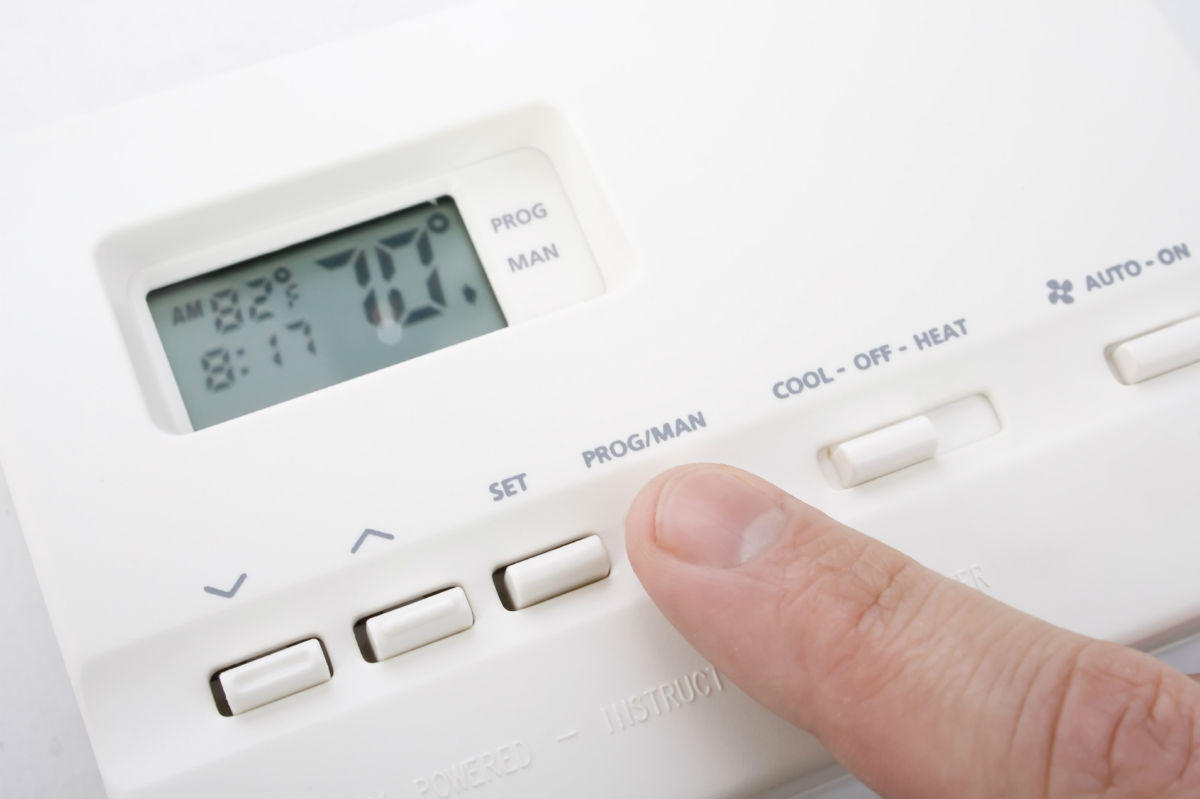October 24, 2016

At Scott-Lee Heating, we will help you determine if your HVAC system needs repairs or just needs to be replaced.

Inefficient HVAC systems can cost your home or business a lot of money, and lead to health and comfort issues. So, it’s important to understand whether your system needs repairs or if it needs to be replaced.
At Scott-Lee Heating, we come across some homeowners and business owners who put off HVAC repairs or replacement to save on costs for as long as they can, but by doing so they end up doing more harm than good. By keeping a track of the maintenance needs of an HVAC system, it can reduce the monthly energy costs, keep repair costs low, and improve the home or work environment.
Here are 9 steps that can help you determine whether your HVAC system needs repair or replacement.
- When deciding on whether your HVAC system needs repair or replacement, you should seek help from a competent St. Louis HVAC expert.
- Find out the essential information about the current system including age and repair history. This will help the HVAC contractor make a better decision about repairs. If the system is older, replacement would be a better option. According to the Department of Energy, boilers and furnaces normally require replacement every 15 years. Air conditioning units should be replaced every 10 years.
- Monitor the utility bills. If you find them increasing, it may be a result of inefficient HVAC operation, energy misuse by employees, or rates increases. For a better idea you can compare the past and present gas and electricity usage. You could also monitor how the use of HVAC system has changed over time. If there are no major changes, the higher utility bills could be a sign that HVAC system needs repair or replacement.
- Check if the HVAC system cycles on and off too frequently, and if the indoor environment is comfortable or not. If this is an issue, you can go for a tune-up.
- Are the air quality and airflow up to the standard? If not, have the system inspected to find out the root cause. Some upgrades may solve these problems.
- In some cases, some simple steps may help improve the efficiency of your HVAC system. These steps include tuning up HVAC equipment, tightening the building’s shell, installing new insulation and installing efficiency controls.
- Setup a long term quality maintenance agreement with a professional St. Louis HVAC contractor. It will help extend the lifespan of the system, and prevent system failures. Even if the HVAC system needs replacement, a quality maintenance plan can improve efficiency by laying down the foundation or using the system optimally over a period of time.
- There are new types of technologies available in the market that can enhance the performance and efficiency HVAC systems. Energy star systems may go a long way in enhancing efficiency, saving costs, and reducing carbon footprint.
- Remember, proper installation of an HVAC system can improve its efficiency by over 30%. So, to make sure that the newly repaired or installed system provides the best performance, you should hire the services of a reputed St. Louis HVAC contractor.
